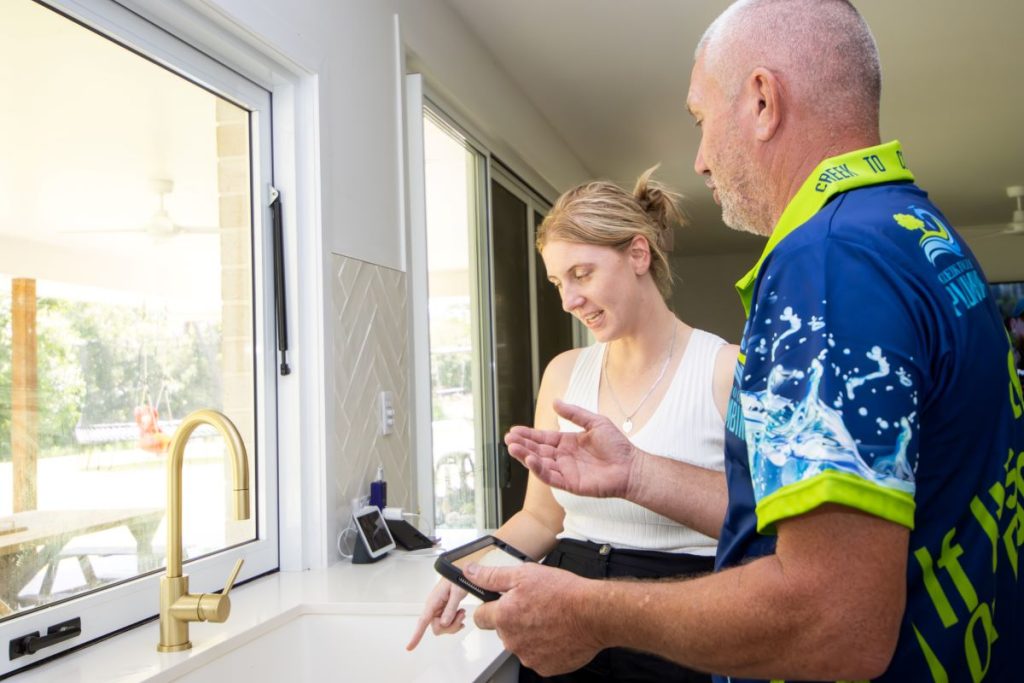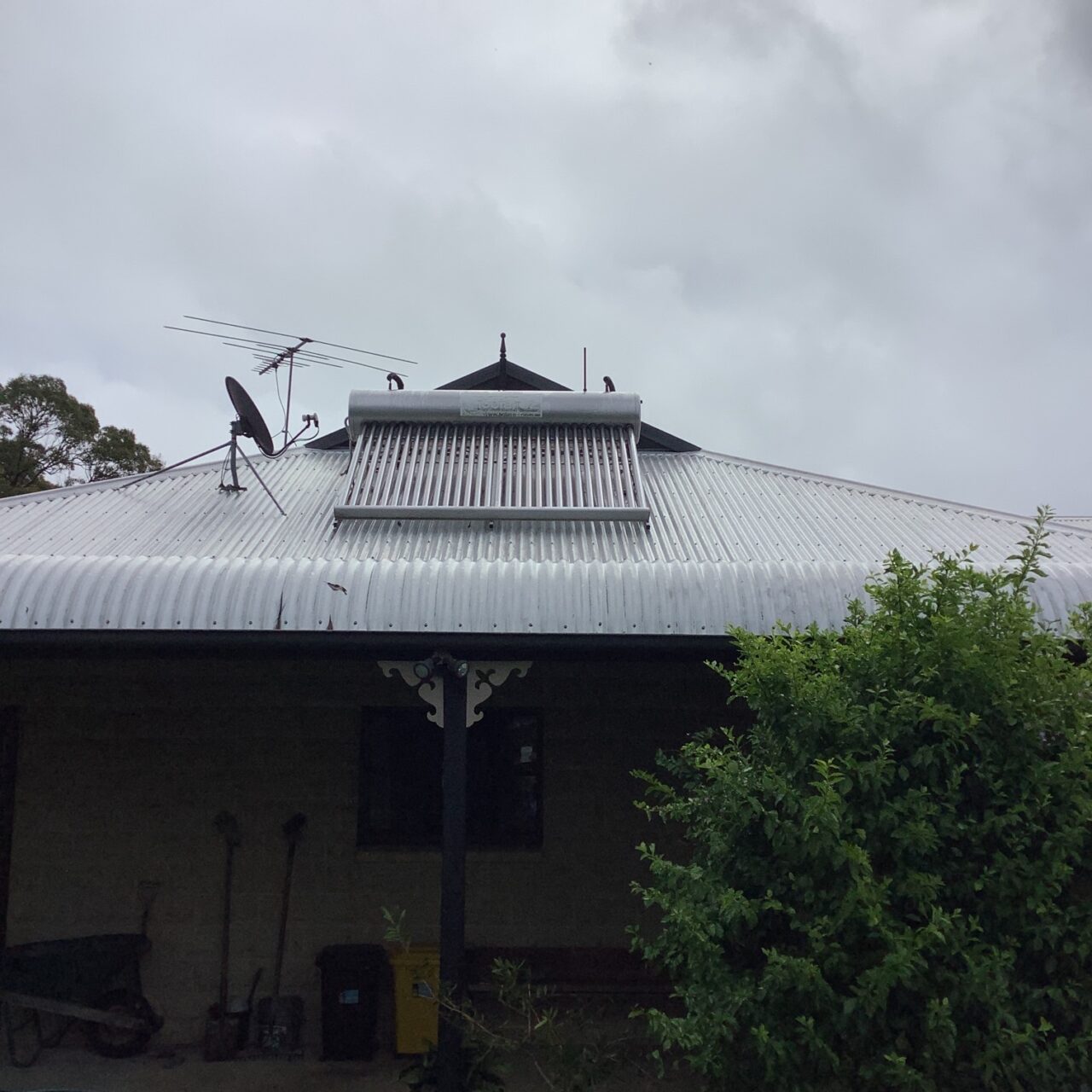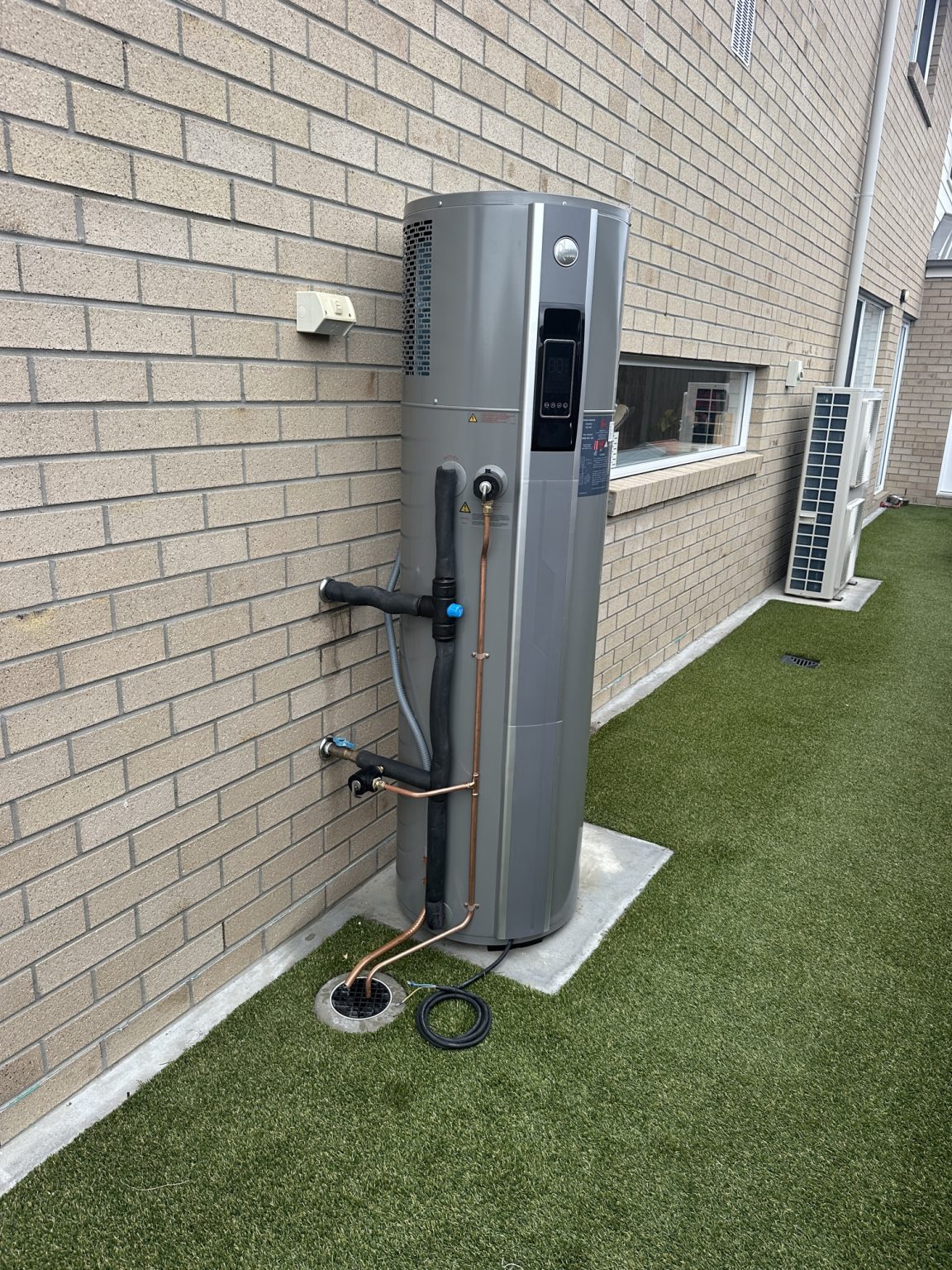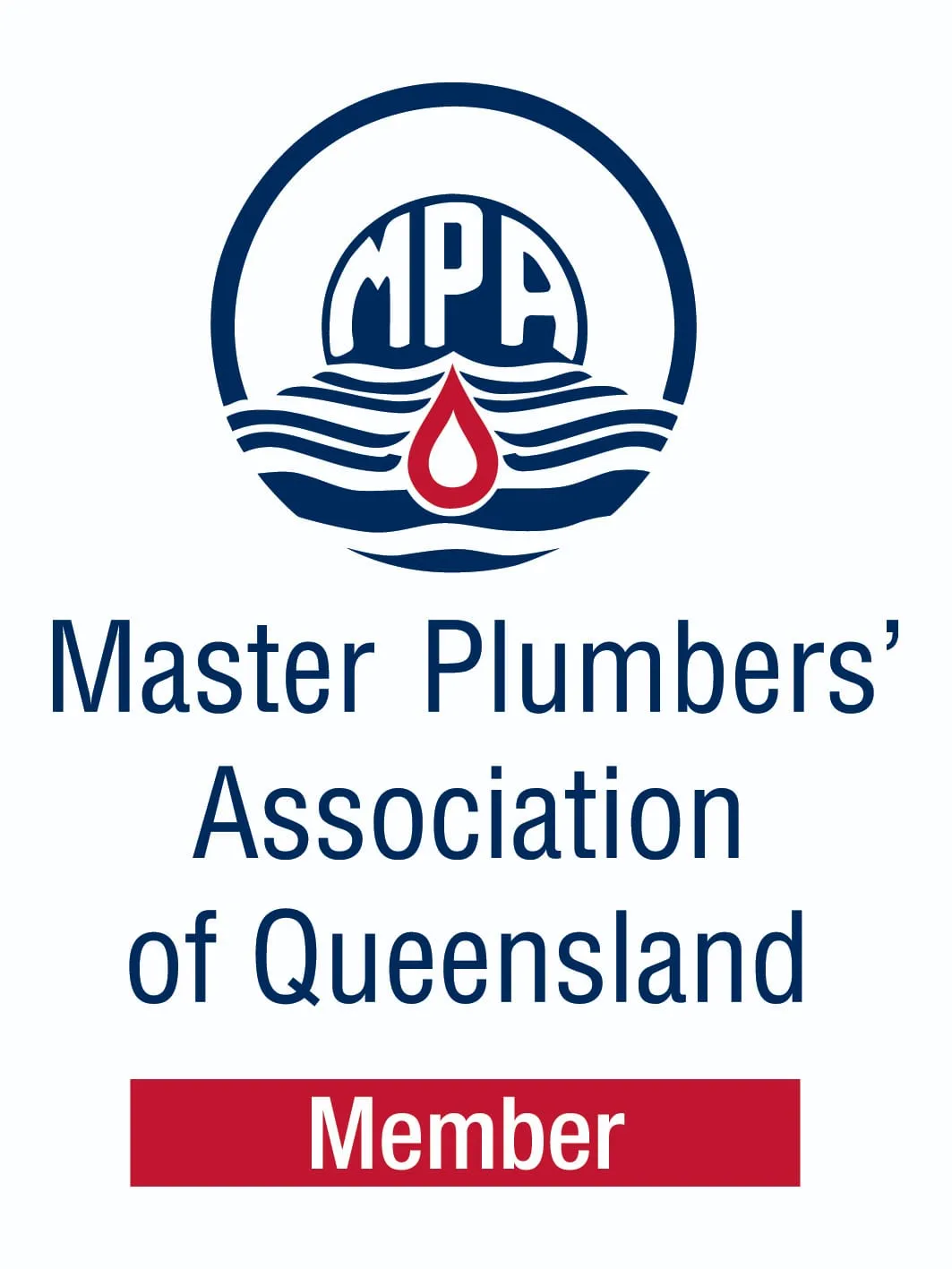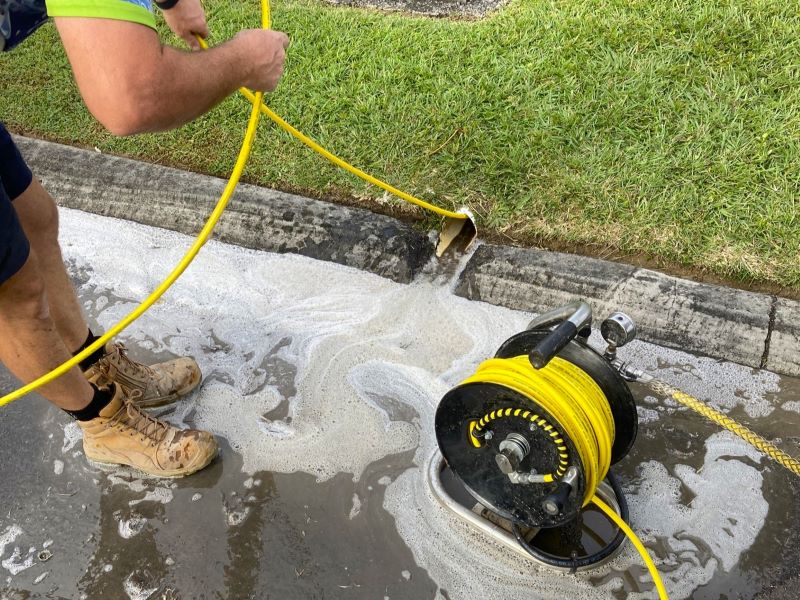
Stormwater drainage systems also include your roof plumbing drainage, French drains and spoon drains and strip drains. They are all essential for preventing water damage and managing runoff.
However, neglecting regular maintenance can lead to drain blockages and even flooding. Whether you’re dealing with clogged up grates, roots in your pipes, or a damaged pipe, staying on top of maintenance can save you from headaches down the road.
Here’s everything you need to know about keeping these systems functioning efficiently—and what to do if a blockage occurs.

Maintaining Traditional Stormwater Drains
Traditional stormwater drains are found on most properties and work to divert rainwater away from structures. Over time, they can become clogged with debris like leaves, dirt, and branches.
Tips for Traditional Drain Care:
- Regularly clear the grates and gutters: Leaves and debris can block water from draining properly, so be sure to remove any buildup, especially after storms.
- Inspect for pooling water: If you notice water backing up or pooling near your drains, it could signal a blockage. If you notice boggy areas in your garden, this needs to be looked at to why water is pooling on the surface or in the subsoil.
- Call in the professionals: Schedule routine inspections and cleanings with a local plumber like Creek to Coast to ensure your drains are functioning at their best.
Caring for French Drains
French drains, designed to redirect groundwater away from your home or retaining walls, They are highly effective but require some care to keep them free of blockages. These drains are underground and use gravel and a perforated pipe to divert water, but they are prone to clogging with dirt and sediment.
French Drain Maintenance Tips:
- Inspect for slow drainage: If water isn’t draining as it should, it could be a sign that your French drain is clogged.
- Flush the system regularly: Running water through the drain can help clear out any blockages before they become serious.
- Hire a plumber for deep cleaning: If sediment or roots have invaded the drain, Creek to Coast can perform a more thorough cleaning, using hydro-jetting tools to clear the pipe or inspection points.
Looking After Spoon Drains
Spoon drains are shallow, curved channels used to guide surface water away from driveways, patios, or other paved areas. They’re typically low-maintenance but can become clogged if not attended to.
Spoon Drain Maintenance:
- Keep the channel free of debris: Sweep out leaves, dirt, rocks or rubbish and any other buildup regularly to ensure smooth water flow. Using a high pressure washer is also effective.
- Check the slope: Spoon drains rely on gravity to move water, so make sure the slope is still intact and functioning.
- Check for damage: Make sure that there are no crack or breaks as there are often driven over and a large vehicle may damage the structure.
- Professional assessment: If water is not draining properly , it may be time to call Creek to Coast for a professional assessment. They can make adjustments or repair damage to restore proper drainage.

Caring for Linear Drains
Linear drains, also known as trench drains, are typically installed in areas like driveways or pool decks to capture surface runoff. Although efficient, they can accumulate debris and require periodic cleaning.
Linear Drain Care:
- Clean grates frequently: Keep an eye on the grates and remove any dirt, leaves, or debris that could clog the drain.
- Flush the system: Periodically run water through the drain to ensure it’s flowing correctly and that no blockages have formed.
- Professional maintenance: If the drain backs up or becomes slow, contact Creek to Coast for an expert cleaning to remove any deep clogs or debris.
What to Do When You Have a Blocked Drain
Even with regular care, blockages can still occur in any drainage system. When you notice water pooling, slow drainage, or overflowing grates, it’s time to take action.
Causes of Blockages:
- Tree roots: Roots often grow into underground pipes, causing serious blockages.
- Debris buildup: Leaves, dirt, and other environmental materials can accumulate and block the flow of water.
- Pipe damage: Broken or squashed pipes can restrict water flow and need professional attention.
When a blockage occurs, it’s best to call a professional plumber like Creek to Coast. They use advanced tools such as high-pressure water jetters and CCTV cameras to accurately diagnose and fix the issue.
Trying to fix a blockage yourself can cause more harm than good, especially if the pipes are damaged or if roots have invaded the system.

General Tips for Maintaining All Stormwater Drains
To ensure that your stormwater management systems, whether traditional drains, French drains, spoon drains, or linear drains, remain functional:
- Schedule annual inspections and cleanings with a licensed plumber like Creek to Coast to remove debris and check for potential issues.
- Pay attention to water flow: After heavy rain, inspect your drains for pooling or slow drainage.
- Install gutter guards and grates to prevent larger debris from entering your drains.
- Keep plants and trees away: Roots from nearby trees can invade and block pipes, so make sure vegetation is kept at a distance from your stormwater system.
Regular plumbing maintenance and quick response to any drainage issues will keep your property safe from water damage and ensure that your drainage systems are working efficiently. If you notice any signs of blockage, don’t wait—reach out to Creek to Coast for professional help in keeping your stormwater drains flowing freely!
Our Services
Get A Free Quote
Contact us today for a free, no-obligation quote on your plumbing needs.

